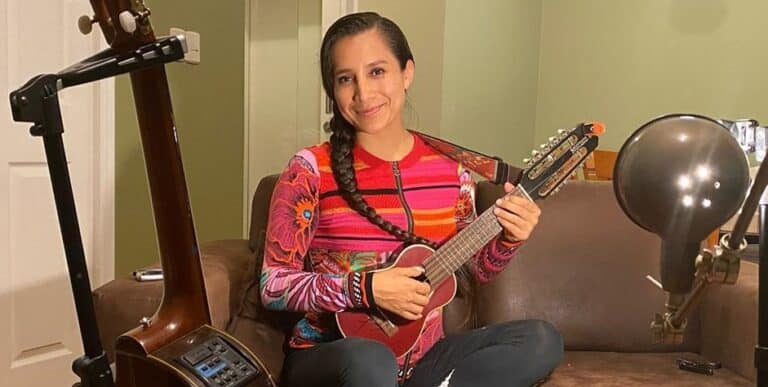
May 25, 2020
The renowned Peruvian artist has joined IICA’s campaign to heighten political and social awareness about those who are guaranteeing the food supply amidst the Covid-19 pandemic.
Tiempo de lectura: 3mins
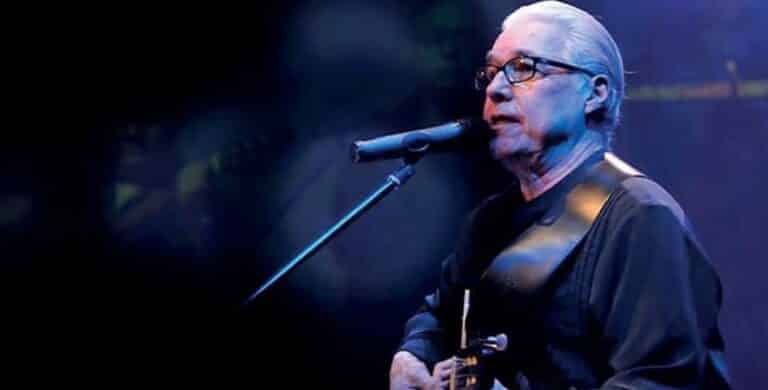
May 24, 2020
The Nicaraguan musician, composer and singer-songwriter has joined IICA’s campaign to turn the political and social spotlight on those who are guaranteeing our food supply during Covid-19.
Tiempo de lectura: 3mins

May 23, 2020
The singers have joined the campaign to channel greater political and social attention towards those who guarantee our food supply during the Covid-19 pandemic.
Tiempo de lectura: 3mins
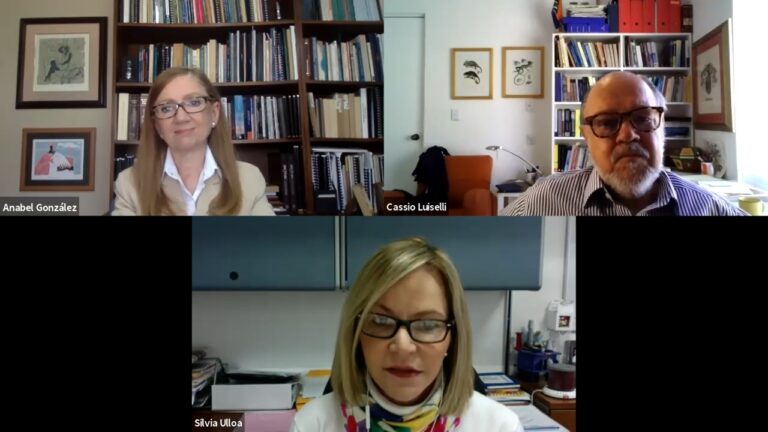
May 21, 2020
Specialists, Anabel González and Cassio Luiselli, analyzed this scenario during an IICA webinar to discuss the effects on international trade and sanitary regulations post-Covid-19.
Tiempo de lectura: 3mins
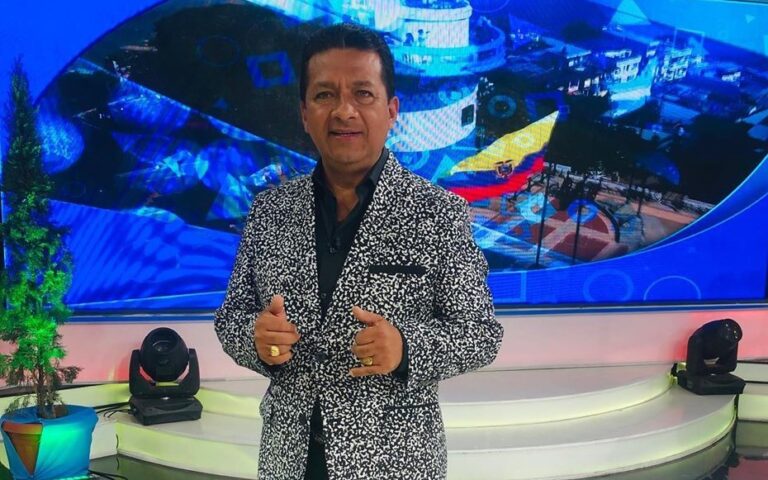
May 21, 2020
The exponent of Ecuadorian popular music has come on board the campaign to heighten political and social awareness about those who are guaranteeing our food supply amidst Covid-19.
Tiempo de lectura: 3mins
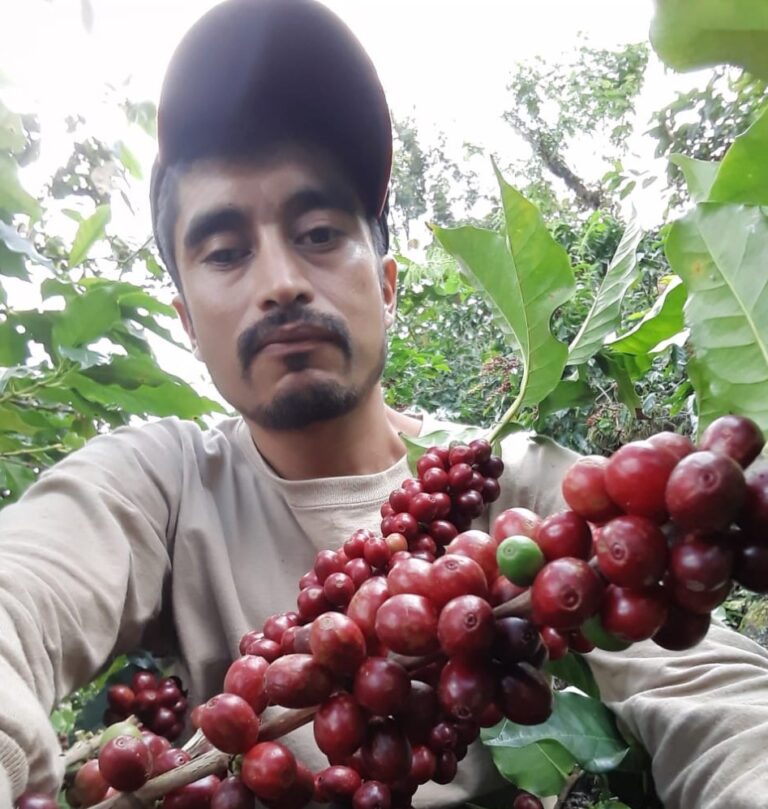
May 21, 2020
López’s family farm currently exports to Australia, the United States and Canada.
Tiempo de lectura: 3mins

May 20, 2020
The artist is participating in this campaign, which aims to increase awareness about the importance of the agriculture sector and rurality in the era of Covid-19.
Tiempo de lectura: 3mins
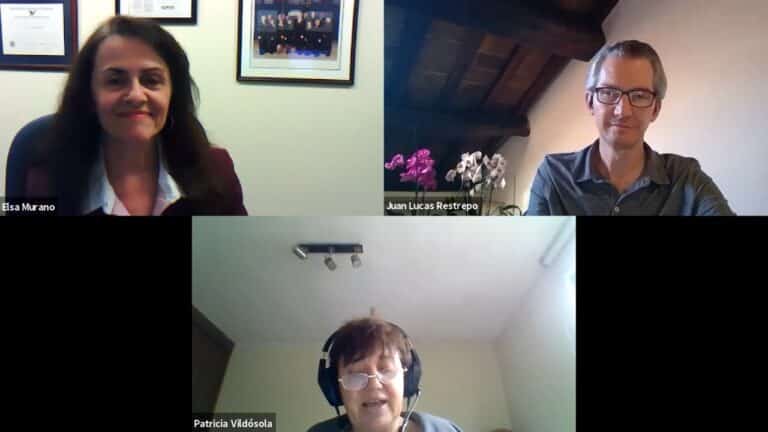
May 20, 2020
Elsa Murano, former U.S. Undersecretary of Agriculture for Food Safety, and Juan Restrepo, Director General of the Alliance of International Bioversity – CIAT, assessed what value chains would need to guarantee food security in the Americas.
Tiempo de lectura: 3mins

May 19, 2020
Chilean singer-songwriter, poet and musician Nano Stern has joined IICA’s campaign to turn the political and social spotlight on those who are guaranteeing our food supply during Covid-19.
Tiempo de lectura: 3mins